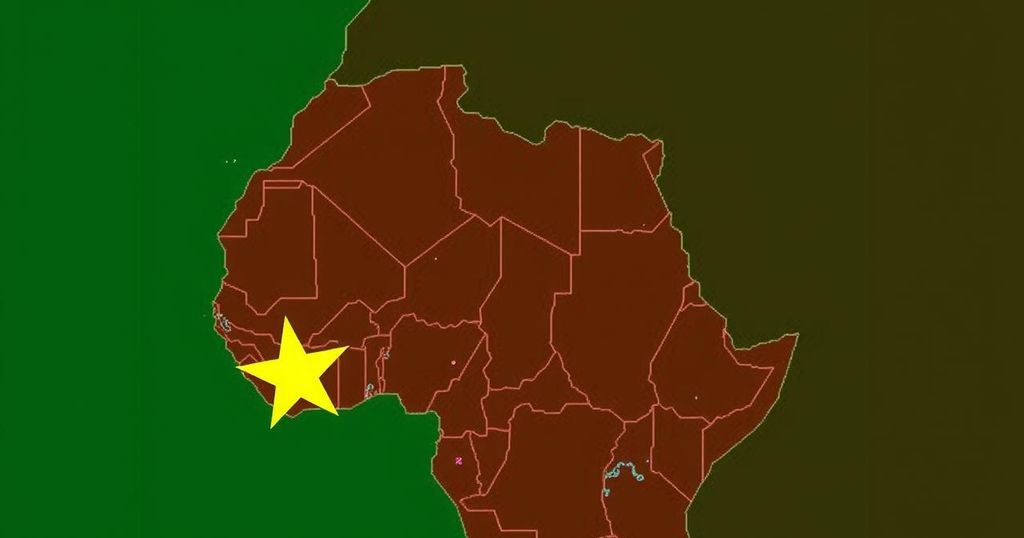The RSF of Sudan has denied allegations of human rights violations and support from the UAE, claiming instead that Egypt backs the army. General Omar Hamdan Ahmed led a delegation in Nairobi, condemning accusations of atrocities committed during the ongoing war. Despite facing serious claims from the UN regarding war crimes, including sexual violence, the RSF asserted its commitment to peace and humanitarian efforts.
The Rapid Support Forces (RSF) of Sudan, facing accusations of human rights violations amid a protracted conflict with the Sudanese army, emphatically denied any claims of wrongdoing in a statement made to reporters in Nairobi, Kenya. General Omar Hamdan Ahmed, head of the RSF delegation, asserted that the group does not receive assistance from any nation, including the United Arab Emirates, and instead alleged that Egypt offers support to the Sudanese army, a claim that has been denied by Cairo. The conflict in Sudan, which began in April 2023, has resulted in extensive casualties and displacement. Both the RSF, led by General Mohamed Hamdan Dagalo, and the Sudanese army, led by General Abdel Fattah al-Burhan, have been accused of committing war crimes. Specific allegations against the RSF include acts of looting, sieges on villages, and systematic sexual violence. A United Nations report highlighted that the RSF and affiliated militias are responsible for a significant number of fatalities, particularly in West Darfur. While in Nairobi, RSF representative Mohamad Mokhtar claimed any rights abuses were perpetrated by other factions following RSF interventions, maintaining that they documented a singular instance of rape in their controlled territories. He dismissed the UN’s reports of rampant sexual violence as misleading information propagated through social media. Furthermore, RSF adviser Ezzadden Elsafi emphasized the group’s commitment to ceasefire and humanitarian efforts, asserting that they are prepared to halt hostilities immediately to facilitate aid delivery. Despite prominent control in areas of Sudan, the RSF professed a commitment to peace while attributing the hindrance of peace negotiations to opposition forces. The ongoing conflict has resulted in a humanitarian crisis, with UN estimates indicating that upwards of 11 million individuals have been displaced, including approximately 3.1 million refugees fleeing to neighboring regions. As the situation continues to develop, the international community remains vigilant in monitoring the humanitarian implications of the conflict as well as the accountability of the parties involved.
The Rapid Support Forces (RSF) has played a significant role in the protracted conflict in Sudan, which escalated into a war beginning in April 2023. This conflict is primarily between the RSF and the Sudanese army. Since its onset, various organizations, including the United Nations, have reported significant human rights violations, including war crimes perpetrated by both parties. The RSF, which was formed to combat insurgency in Darfur, has been repeatedly accused of brutal tactics, and it continues to deny these allegations in the face of significant international scrutiny.
In summary, the RSF’s denial of human rights violations amidst severe accusations illustrates the complexity of the situation in Sudan. The conflict has produced devastating humanitarian consequences, with both sides facing allegations of war crimes. The RSF’s claims of innocence and their assertions regarding the war’s resolution indicate their desire for legitimacy amid international pressure. As the humanitarian crisis escalates, it is crucial for the global community to remain attentive to the unfolding situation in Sudan.
Original Source: www.barrons.com






